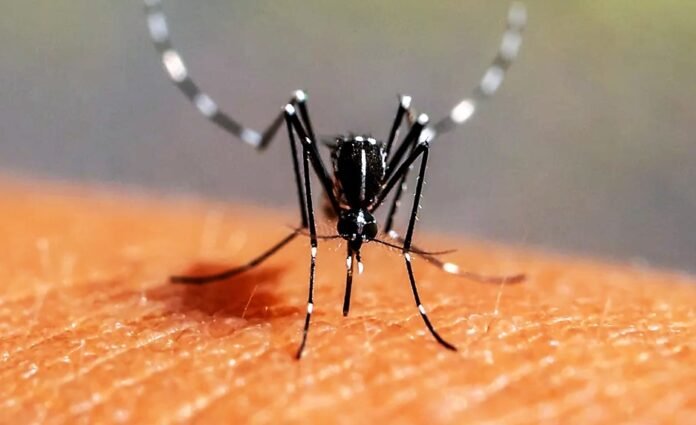Delving into the Enigma
Mosquitoes, those pesky, winged bloodsuckers, appear to exhibit a perplexing penchant for certain individuals. For eons, the reasons behind this mysterious preference remained shrouded in uncertainty. However, a recent breakthrough in research has exposed the crucial role of body odor, specifically carboxylic acids, in this selective attraction.
Unveiling the Fragrant Attraction
Tenacious researchers at Rockefeller University embarked on an odyssey to unravel the enigma of mosquitoes’ allure to particular body odors. They recruited 64 courageous volunteers who, for six arduous hours, wore nylon stockings around their arms to capture their distinct skin scents. Armed with these fragrant samples, the scientists devised a mosquito-attraction tournament.
A Duel of Scents
In a battle of body odors, the scientists pitted two stockings against each other in separate traps. Upon releasing a horde of ravenous female Aedes aegypti mosquitoes, the scientists observed the insects’ preferences. This intriguing experiment spanned three years, during which participants’ diets and skincare regimens shifted, yet their attractiveness ratings remained astonishingly constant.
Revealing the Culprit: Carboxylic Acids
The persistent researchers uncovered a fascinating pattern: mosquito magnets exhibited high levels of carboxylic acids in their skin odors. Long-chain fatty acids, specifically pentadecanoic, heptadecanoic, and nonadecanoic acids, reigned supreme in their allure. Attempts to genetically modify mosquitoes, rendering them immune to the acids’ charm, failed to impact their predilections.
Hope for a Mosquito-Free Future?
Omar Akbari, an esteemed cell and molecular biologist at the University of California, San Diego, who was not involved in the study, believes this revelation may shape the future of mosquito repellants. Nonetheless, Leslie Vosshall, a neurobiologist at the Howard Hughes Medical Institute and Rockefeller University and a study co-author, cautions against high expectations. Modifying carboxylic acid production or other odorants without jeopardizing skin health proves challenging.
Relentless Foes
The scientists’ valiant efforts in genetic modification reveal that no single product can completely alter one’s skin odor to confound mosquitoes. These persistent pests possess a myriad of backup strategies to locate and feast upon human prey.
Concluding Thoughts
In essence, the groundbreaking study illuminates the connection between elevated carboxylic acid levels in body odor and increased mosquito attraction. While this discovery holds promise for repellant development, the notion of a single product granting complete evasion from mosquitoes remains elusive. Alas, mosquitoes have proven their resilience, continually adapting to seek out and bite humans with astonishing efficiency.
Google News | Telegram
















